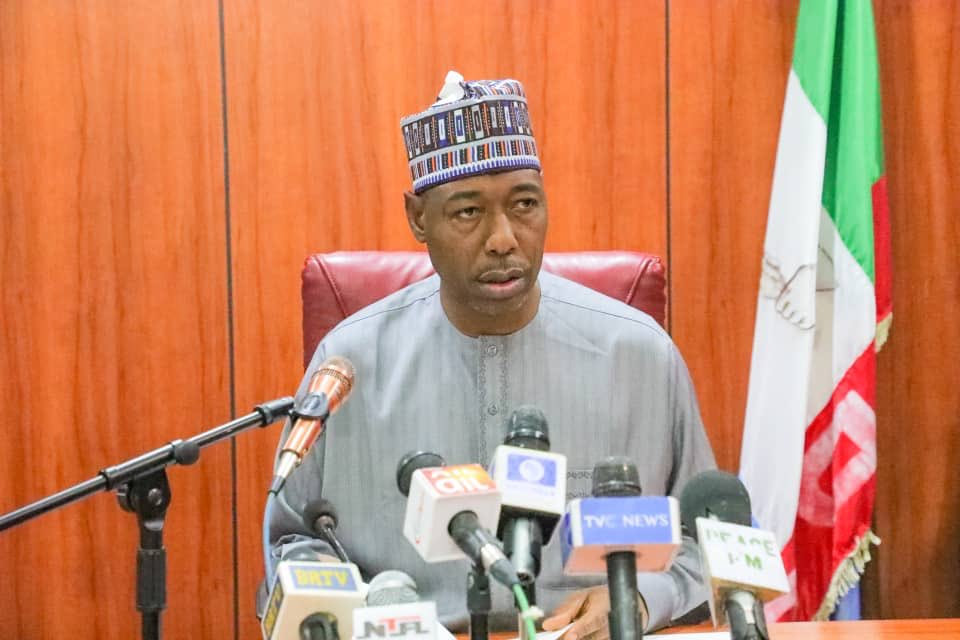Economic analysts have urged the Federal Government to channel the expected $4.4bn loan from the World Bank and the Africa Development Bank to production.
In separate chats with The PUNCH, economic analysts stated that channelling the loan to productive sectors would help stimulate economic growth in the country.
The Chief Executive Officer of the Centre for the Promotion of Private Enterprise, Muda Yusuf, welcomed the $4.4bn loan as positive to the economy, stating the need for increased production.
Yusuf said, “If the loans are spent in a way that would improve the capacity of the affected sectors (of the economy) to produce more, that will be very positive for the economy.
“We need to scale up productivity in agriculture. For instance, we need to increase output. Food inflation is one of our biggest problems today. Effective, optimal and impactful spending in agriculture through this loan will be helpful,” he remarked..
The CPPE director added that the components of the loan that would come in foreign exchange as cash would help to boost Nigeria’s supply side of the foreign exchange.
He explained the supply boost would happen when the monies come and the government spends not in dollars but in naira, it would help to support the foreign exchange cash flow.
A Babcock University Professor of Economics, Olusegun Ajibola, said there were usually mixed feelings about Nigeria’s borrowing, but affirmed that the $4.4bn loans would benefit Nigerians when they are tied to specific sectors that could be monitored, like agriculture.
Ajibola urged the government to maximise the loans by carrying out regular audits of what the loan is used for.
He noted that only a minimum percentage of the loans should be directed to consumption needs, such as payment salaries or giving palliatives, food and medicals.
However, the Director-General of the Nigerian Association of Chambers of Commerce, Industry, Mines and Agriculture, Olusola Obadimu, expressed concerns about the loans, stating that the government often exceeds its budget in relation to its earnings.
Obadimu believed borrowings of nature aid in weakening the naira and it signalled a lack of discipline as the government was not budgeting within its means.
He said, “This is one of the factors that contribute to weakening the currency. Productively, we are doing less than we used to. Our exports are declining, even the crude oil and we are earning lower than we should.”

 6 months ago
51
6 months ago
51















 English (US) ·
English (US) ·